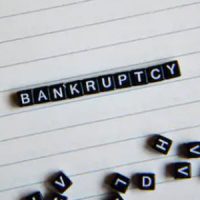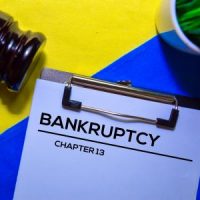Monthly Archives: March 2025

Is Debt Consolidation Bad for Your Credit?
Usually. Borrowing money upsets the debt-to-income ratio which, in most cases, is the most important component of a credit score. Furthermore, borrowing money to get out of debt (robbing Peter to pay Paul) is usually not a good idea. Therefore, debt consolidation loans also demonstrate poor financial sense. Furthermore, debt consolidation loans don’t alter… Read More »

What’s Better, an IRS Installment Plan or Bankruptcy?
Before 9/11, the IRS Commissioner was the real-life equivalent of Darth Vader. But since then, the IRS has rolled out initiatives like the Fresh Start Plan. The IRS decided that it wanted delinquent taxpayers to pay what they owe more than it wanted them to get in trouble. The Fresh Start Plan made installment… Read More »

Top Five Written Property Exemptions in Illinois
Property exemptions prevent the trustee (person who oversees a bankruptcy for a judge) from liquidating assets to pay debts. Quite simply, without these exemptions, debtors don’t get a fresh start, which is the purpose of this proceeding. Asset protection, which is only available to bankruptcy debtors in most cases, is only one benefit of… Read More »

What is the Success Rate of Chapter 13?
If debtors make the proper effort, Chapter 13’s success rate is 100 percent. Everyone who puts forth the proper effort, as outlined below, gets a fresh start. In a successful Chapter 13, distressed debtors erase secured debt delinquency, like past-due home mortgage payments. This process also discharges most unsecured debts, like credit card debts…. Read More »

What is the 2-3-240 Rule in Bankruptcy?
This rule determines the dischargeability of back taxes in a bankruptcy matter. Back taxes are priority unsecured debts which are only dischargeable in limited situations. Student loans and most FSOs (family support obligations, such as child support) are also priority unsecured debts. “Discharge” means the judge eliminates the legal requirement to pay the debt…. Read More »


